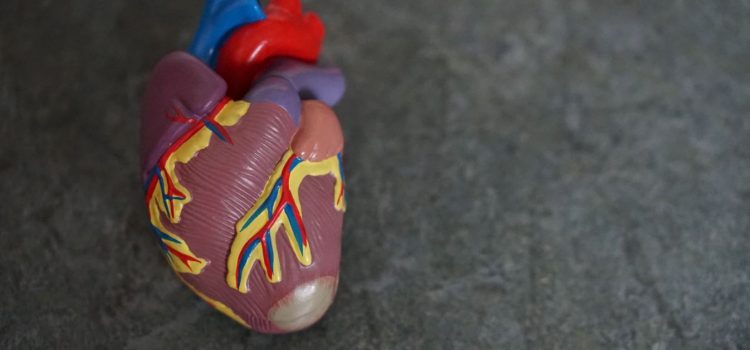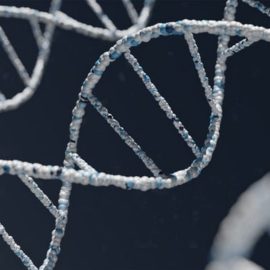

This article is an excerpt from the Shortform book guide to "Glucose Revolution" by Jessie Inchauspé. Shortform has the world's best summaries and analyses of books you should be reading.
Like this article? Sign up for a free trial here.
What is the link between high blood sugar and heart disease? Can frequent blood sugar spikes cause your heart to fail?
High blood sugar increases your risk of developing heart disease—among other health conditions. This is because it damages blood vessels by causing cholesterol to accumulate and can also damage the nerves that control the heart and blood vessels.
Keep reading to learn how elevated blood sugar can lead to heart disease.
Heart Disease and Blood Sugar
How are blood sugar and heart disease related? Elevated glucose levels and frequent glucose spikes can lead to heart disease in the long term. This is because glucose spikes contribute to cholesterol accumulation beneath the lining of our blood vessels, which sets off heart disease.
(Shortform note: Persistently high glucose levels can also damage the nerves that control the heart and blood vessels. This nerve damage further contributes to heart disease and increases your chance of having a stroke. People with high glucose levels from diabetes are almost twice as likely to experience heart disease or stroke.)
How do glucose spikes lead to cholesterol accumulation? The cells lining our blood vessels are highly susceptible to mitochondrial stress, which glucose spikes directly contribute to. When experiencing mitochondrial stress, the blood vessel lining’s cells go from even to irregular in shape, making it easy for cholesterol to get caught in the grooves of the lining.
(Shortform note: Research has increasingly focused on the role of mitochondrial dysfunction in the development and progression of vascular diseases (diseases relating to the body’s vessels, especially blood vessels), particularly atherosclerosis, or the buildup of fat on the inner walls of arteries. High glucose levels exacerbate oxidative stress and inflammation, two conditions linked to atherosclerosis. There’s ongoing research into potential therapeutic interventions targeting mitochondrial damage and dysfunction for the treatment of vascular diseases, including treatments that suppress mitochondrial production of free radicals called reactive oxygen species.)
Additionally, when our glucose levels make our insulin levels too high, our liver begins producing a small type of cholesterol called LDL pattern B that gets stuck more easily on the edges of blood vessels than other types of cholesterol. High levels of glucose, fructose, and insulin contribute to the oxidization of LDL pattern B, making it even more likely to stick under the lining of our blood vessels. Finally, we experience heart disease when enough cholesterol accumulates to start hindering our blood flow.
(Shortform note: Cholesterol is a type of fat, and it must be connected to a protein to travel through the body. LDL cholesterol is a type of lipoprotein—a particle made of fat and protein. Specifically, it’s a low-density lipoprotein, meaning it contains more fat than protein. LDL cholesterol delivers fat to the cells as needed. In contrast, HDL cholesterol (or high-density lipoproteins) brings cholesterol to the liver, which eliminates the cholesterol from the body. Though research supports Inchauspé’s idea that the prevalence of small, sticky LDL pattern B cholesterol is connected to external factors such as glucose levels, there’s also a genetic component to the size of our LDL cholesterol.)

———End of Preview———
Like what you just read? Read the rest of the world's best book summary and analysis of Jessie Inchauspé's "Glucose Revolution" at Shortform.
Here's what you'll find in our full Glucose Revolution summary:
- Why you feel hungry soon after you eat and get tired throughout the day
- The role glucose plays in your body, both positive and negative
- Strategies for taking control of your health and glucose levels






